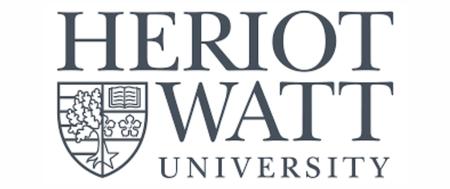
Heriot-Watt University
Location
Scotland
Year Established
1821
Proportion of International Students
19.00%
Student Satisfaction
89.00
Average Living Cost
£10800/year
Average Tuition Fee
£14400/year
30
Times Ranking
281
QS Raking



Introduction
We have a long and rich tradition of quality with a demonstrated track record of educating, motivating, and pushing the professionals of tomorrow. Our history dates back to 1821. the history of our name The University's name honors James Watt, a brilliant inventor and engineer of the 18th century, and George Heriot, a benefactor and financier to King James in the 16th century. These two accomplished, cutting-edge professionals left a lasting impression on the University's ethos even today. Our narrative began in 1821 with the founding of the School of Arts of Edinburgh, the first mechanics institute in the world, which revolutionized how common people might obtain instruction in science and technology. The Watt Institution & School of Arts took over in 1852, and Heriot-Watt College followed in 1855. By Royal Charter, we were finally established as Heriot-Watt University in 1966. practical instruction from the start The history of Heriot-Watt is anchored in the delivery of education to professionals and those in the workforce. Aiming to "meet societal concerns by merging fundamental scientific ideas and research into technical solutions," the School of Arts was founded in 1821. The School further exemplified the legacy of innovation that today's University is built upon when it began to admit women in 1869, 20 years before other institutions. Heriot-Watt University's primary concentration is on the practical application of knowledge and learning for societal improvement. The college's academic program evolved over the early and middle decades of the 20th century with a focus on the demands of industry. Among them are the Department of Building, which was founded in 1934 to offer instruction up to Associateship standard, the Department of Mining, which was founded in 1913 in response to demand from the coal industry, and the programmes in Physical Chemistry, Fuel Science, Metallurgy, and Intermediates, which were introduced in 1919. In 1950, Brewing received departmental status, and in 1953, programs in management studies and a new associate's degree in civil engineering were both launched. Heriot-strategy Watt's remains focused on meeting the demands of business and industry, and we collaborate with the professions to build our degrees in line with their requirements.
